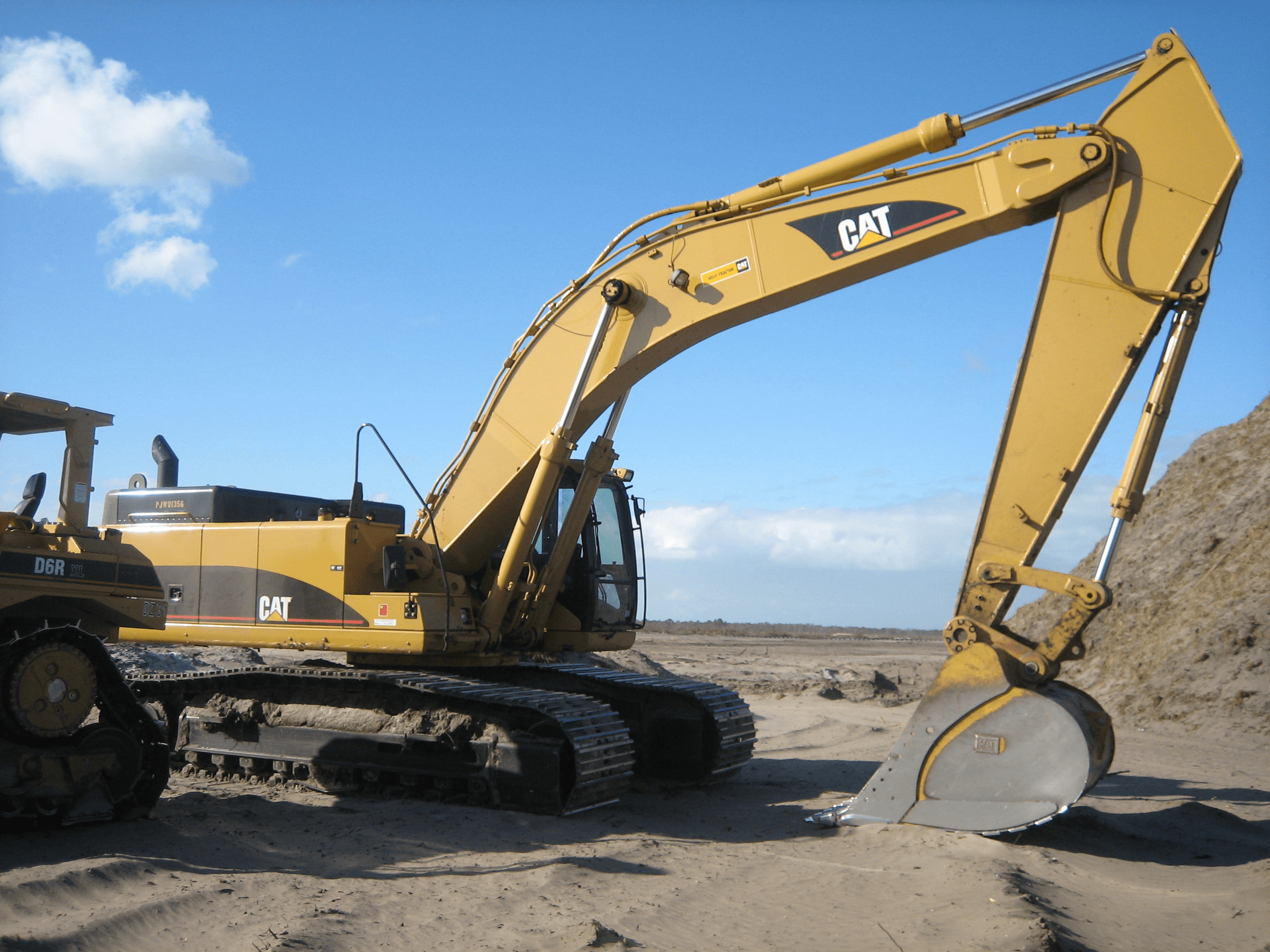Lancaster Trenching - Professional Trenching Solutions in Lancaster, Ohio
Lancaster Trenching - Professional Trenching Solutions in Lancaster, Ohio
Blog Article
Comprehensive Excavation Strategies: Mastering the Basics for Success
In the realm of building and civil design, the relevance of efficient excavation approaches can not be overemphasized. The cautious planning, exact implementation, and meticulous interest to detail needed in excavation projects demand a thorough technique that incorporates numerous fundamental aspects. From preliminary dirt evaluation to the implementation of precaution and regular progress tracking, understanding these core elements is necessary for achieving success in any excavation venture. Nevertheless, the true mastery lies not simply in recognizing these principles yet in seamlessly integrating them to browse the complexities of excavation jobs with skill.
Comprehending Excavation Project Planning

The preliminary phase of any excavation job is the preparation phase, where important decisions are made that can dramatically impact the result of the project. Comprehending the task scope, budget, and timeline restrictions is crucial for creating a comprehensive excavation plan that guarantees the project's success.
One secret facet of excavation job planning is the advancement of an in-depth timeline that lays out the series of milestones, deadlines, and activities. This timeline works as a roadmap for the task team, enabling them to track progress and make essential adjustments to ensure the task remains on routine. Additionally, a distinct budget that accounts for all expenses, including equipment service, labor costs, and materials, is crucial for preventing cost overruns and hold-ups. By meticulously taking into consideration all these variables throughout the drawing board, excavation jobs can be implemented effectively and successfully, causing effective outcomes.
Dirt Analysis and Website Assessment
Performing complete dirt analysis and site evaluation is a critical action in the preparation phase of any type of excavation task. Soil analysis includes establishing the composition, framework, and buildings of the soil at the excavation site. This info is crucial for comprehending the dirt's bearing ability, dampness web content, and capacity for erosion, which are crucial consider establishing the excavation approaches and equipment needed for the task.
Site examination surpasses dirt analysis and includes a more comprehensive analysis of the overall website conditions. This evaluation includes recognizing any type of possible threats, such as underground utilities, environmental worries, or unsteady terrain, that could influence the excavation procedure. By extensively examining the website, job managers can develop efficient excavation approaches that prioritize security, performance, and environmental management.
Utilizing innovative technologies like ground-penetrating radar, dirt tasting, and drone surveys can enhance the precision and performance of dirt analysis and site analysis. Investing time and resources in these preliminary actions can ultimately save time and prevent pricey hold-ups or problems during the excavation procedure.
Devices Selection and Utilization
Reliable excavation jobs depend heavily on critical devices selection and utilization to ensure ideal efficiency and efficiency. Selecting the best tools for the work is crucial in taking full advantage of efficiency and decreasing downtime. Elements such as the kind of dirt, depth of excavation, and job internet scope play a substantial function in identifying one of the most appropriate equipment for the job available.

In addition to selecting the suitable devices, correct application is vital to project success. Operators must be trained to deal with the devices safely and effectively - excavating ohio. Routine maintenance checks and timely fixings aid protect against breakdowns and guarantee consistent efficiency throughout the task
Safety And Security Measures and Regulations Compliance
In the realm of excavation projects, focusing on precaution and conformity with policies is vital to guaranteeing a lawfully sound and secure functional environment. Safety actions incorporate a series of practices, consisting of conducting comprehensive website analyses, carrying out appropriate signage and barriers, and supplying sufficient safety training for all employees included in the excavation process. Adherence to laws, such as OSHA demands in the United States, makes sure that the excavation project fulfills the required standards to shield workers, bystanders, and the surrounding environment.

Surveillance Progression and Adjusting Methods
How can forecast supervisors properly track the development of excavation tasks and adapt their approaches accordingly to enhance end results? Monitoring development is important for making certain that excavation projects stay on track and fulfill deadlines.

Conclusion
Finally, mastering the principles of thorough excavation strategies is important for the success of any task. By recognizing job planning, assessing dirt and site problems, picking proper equipment, adhering to security regulations, and checking development, job supervisors can make sure a effective and smooth excavation process. Carrying out these approaches will bring about successful end results and reduce possible risks or obstacles throughout the excavation task.
The first stage of any type of excavation project is the preparation phase, Learn More Here where important decisions are made that can substantially impact the result of the task. Understanding the job timeline, scope, and budget plan restrictions is crucial for developing a thorough excavation plan that guarantees the job's success.
Just how can project supervisors effectively track the development of excavation tasks and adjust their approaches as necessary to optimize results? By carefully monitoring progress and being prepared to adapt approaches, project managers can enhance the overall success of excavation projects.
By comprehending task preparation, analyzing soil and site conditions, choosing proper devices, conforming with safety and security regulations, and keeping an eye on progression, job managers can ensure a reliable and smooth excavation process.
Report this page